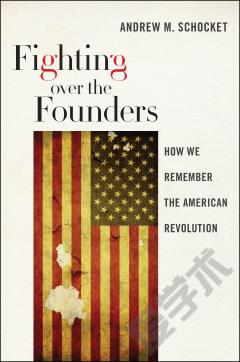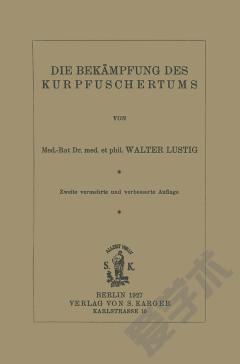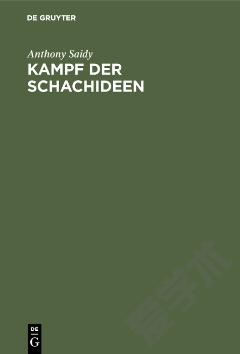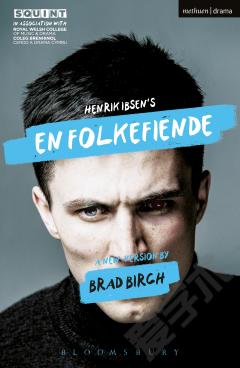Fighting over the Founders
Fighting over the Founders: How We Remember the American Revolution Andrew M. Schocket. New York: New York University Press, 2015.In his second monograph, Andrew M. Schocket urges readers to examine how contemporary politicians, scholars, museum directors, and film and television executives manipulate the collective memory- and, therefore, meaning-of the American Revolution. As the current director of American Culture Studies and associate professor of history at Bowling Green State University, Schocket uses Fighting over the Founders to untangle the ways professionals distill the Revolution's legacy into opposing viewpoints, or what he terms "organicist" and "essentialist" interpretations. Political conservatives align with the essentialist opinion that the Revolution had a "perfect result" containing "one, true, knowable, unchanging meaning for us now and forever" (5). On the liberal end of the spectrum, organicists "believe that Americans are ever in the process of trying to complete a Revolution" that remains unfinished (5).Interplay between these two ideologies drives Schocket's narrative over five chapters and breathes life into his argument that today the American Revolution thrives in a tug-of-war waged on the lecterns, printing presses, and airwaves across the US. Building from previous scholarship on war and memory from historians like John Bodnar and David Blight, Schocket's significant historiographical contribution is his analysis of memory's influence in various formats, including Presidential election cycles when candidates flood American eardrums with buzzwords and catchphrases. From the orations of eighty-one Democratic and Republican campaigns beginning in 1968, Schocket performed a textual analysis of nearly seven million words to identify the politicians' preferred phrases; Republicans favored "Founding Fathers" along with quotes from John Adams, while Democrats were partial to "bill of rights" and "to create a more perfect union" (28, 34). Although Schocket contends that this connection to their constituents' preferred version of the past empowers modern politicians, feedback from speech attendees might have enhanced his intriguing argument.Publications on the Founding Fathers skyrocketed around the year 2000, resulting in the literary phenomenon known as "Founders Chic." Schocket laments that notable popular authors like David McCullough and Ron Cher now placed their biographees on a pedestal, ignoring contrary evidence in order to play up their respective subject's essentialist qualities. Schocket argues that McCullough crafted a "truly heroic" John Adams, and he likens Cher now to an Alexander Hamilton "defense attorney" who used Hamilton's opposition to slavery to excuse his faults (56-57). â¦
{{comment.content}}








 京公网安备 11010802027623号
京公网安备 11010802027623号